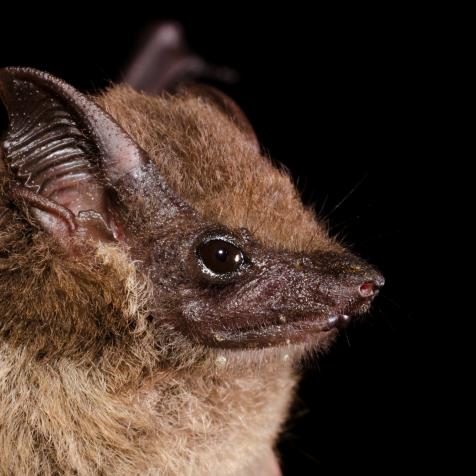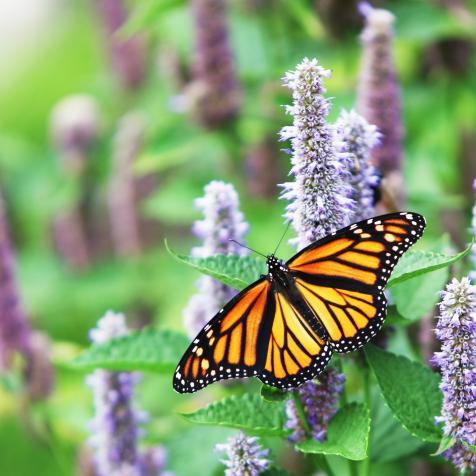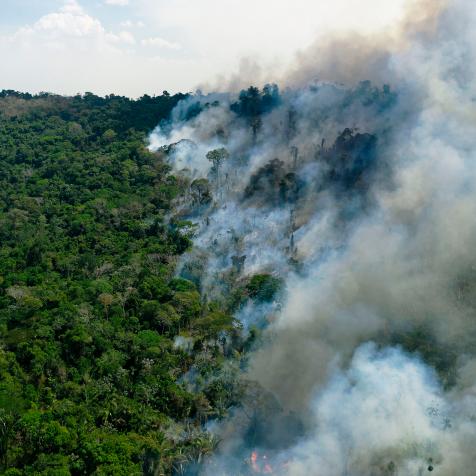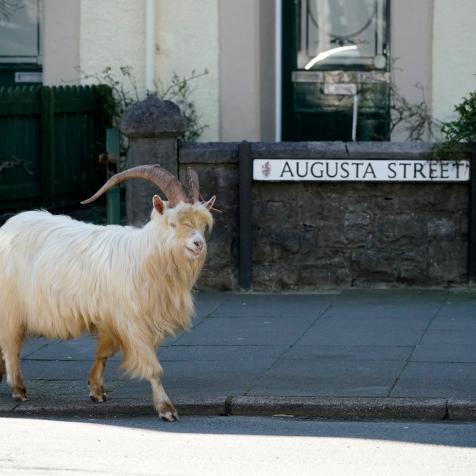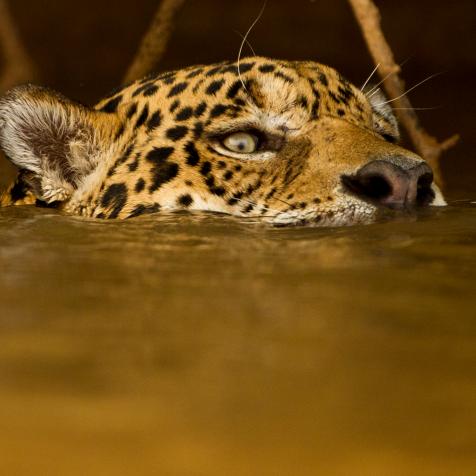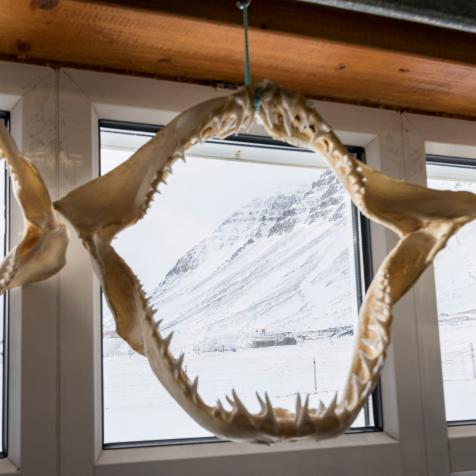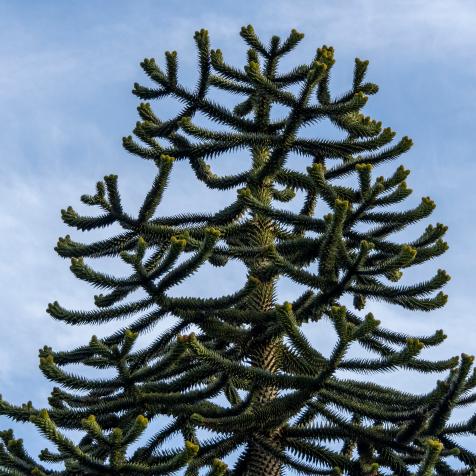
Volanthevist
Galápagos Giant Tortoises Are Mysteriously Turning Up Dead in Ecuador
Despite the tough protections, there has been a spate of tortoises killed in recent months, and officials fear the animals have been slaughtered for their meat.
For almost a century, Ecuador’s beautiful, and endangered, giant tortoises have been protected. These species are one of the largest living reptiles on the planet, and they have the longest life span of all vertebrates– the oldest tortoise on record was 175 years old.
And, they all live on the Galápagos Islands.
Hunting the tortoise is illegal under Ecuador’s laws, but now the Attorney General’s office has opened an investigation into the remains of four tortoises that were found in the park.
Tortoise meat is considered a delicacy by some, meaning there can be large financial gains made by wildlife hunters.
“This is not an isolated incident,” the Galápagos Conservancy, a US-based conservation organization said in a statement. “In September 2021, the remains of 15 critically endangered Giant Tortoises from the subspecies Chelonoidis guntheri were found on Isabela. Evidence from the investigation showed that the reptiles had likely been hunted for consumption.”
In late August, a special unit for environmental crime called UNIMEN traveled to the Galápagos Islands to investigate, and interview park rangers about the incident.
The islands are located around 600 miles off the shore of Ecuador’s coast, in the Pacific Ocean. The archipelago is considered one of the world’s best places to see wildlife, and it is home to animal and plant species that are found nowhere else in the world.
Their famously fearless wildlife is believed to have been a source of inspiration for Darwin’s theory of evolution, following his visit to the islands in 1835. The islands were actually discovered by accident, in 1535 when a Spanish ship was blown off course while sailing from Panama to Peru. Ironically enough, the ship’s captain was unimpressed by the islands, writing to the king that they were “worthless”.
That view, of course, changed over time, and now 25,000 live in the four inhabited islands of Santa Cruz, Isabela, San Cristobal, and Floreana.
The tortoises are such a part of the islands that the archipelago is even named after them. And so when rangers discovered four animal carcasses on Isabela island, just a few months after the grim discovery of 15 dead tortoises, environmentalists were shocked.
There were once at least 250,000 tortoises on the islands; now there are fewer than 15,000 in the wild today–and two subspecies are already extinct.
"Evidence from the [2021] investigation showed that the reptiles had likely been hunted for consumption,” Galápagos Conservancy continued. “Therefore, it comes as no surprise many are worried the population's numbers will continue to plummet if serious action isn't taken soon.
“We must safeguard Giant Tortoises and the ecosystems they depend on.”









